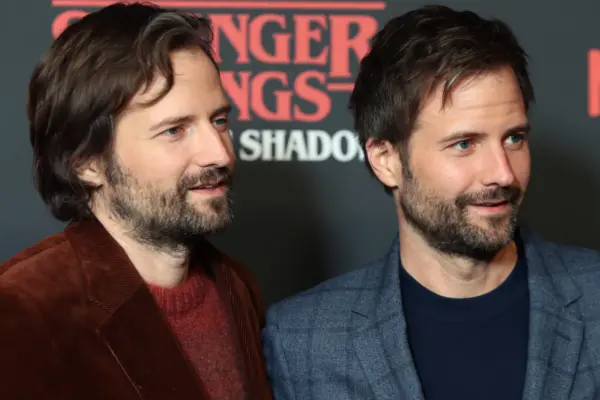
Introduction
Guy Ritchie has become a household name in the realm of British cinema, renowned for his distinctive storytelling style and eclectic filmography. His influence can be seen across various genres, from gritty crime dramas to light-hearted comedies. As we explore his career and recent projects, it is essential to highlight his significance not just as a filmmaker but as a cultural influencer in contemporary cinema.
Early Career and Breakthrough
Born on September 10, 1968, in Hatfield, Hertfordshire, Ritchie took his first steps into the film industry in the late 1990s. His directorial debut, Lock, Stock and Two Smoking Barrels (1998), received critical acclaim and commercial success, establishing him as a fresh voice in the British film scene. This film’s innovative narrative and uniquely British humour resonated with audiences and critics alike, paving the way for his subsequent project, Snatch (2000), which further solidified his signature style marked by fast-paced editing and ensemble casts.
Recent Works and Achievements
Ritchie continues to evolve as a filmmaker. His recent works reflect a blend of genres and formats, illustrating his versatility. In 2019, he released The Gentlemen, a return to the crime genre that pays homage to his earlier successes. The film received positive reviews and was praised for its witty dialogue and engaging plot. Following this, he expanded his repertoire with the live-action adaptation of Disney’s Aladdin (2019), showcasing his ability to navigate the world of family entertainment while retaining his unique touch.
In 2021, Ritchie released Wrath of Man, a gripping thriller featuring Jason Statham, which marked a new chapter in his filmmaking journey, incorporating darker and more serious themes. The film’s commercial success demonstrated Ritchie’s continuing relevance in the industry and his knack for crafting compelling narratives.
Conclusion
Guy Ritchie’s journey from a young filmmaker with a dynamic storytelling vision to a prominent figure in cinema exemplifies the evolution of British filmmaking. His recent projects indicate that he remains at the forefront of the industry, continuously adapting to audience demands and changing cinematic landscapes. As Ritchie forges ahead, it is clear that his future works will be met with considerable anticipation and scrutiny. For fans and aspiring filmmakers alike, Ritchie’s trajectory serves as a reminder of the power of innovation and creativity in storytelling.
You may also like

The Vital Role of Live Shows in Modern Entertainment

Kym Marsh: A Journey Through Entertainment and Achievement
